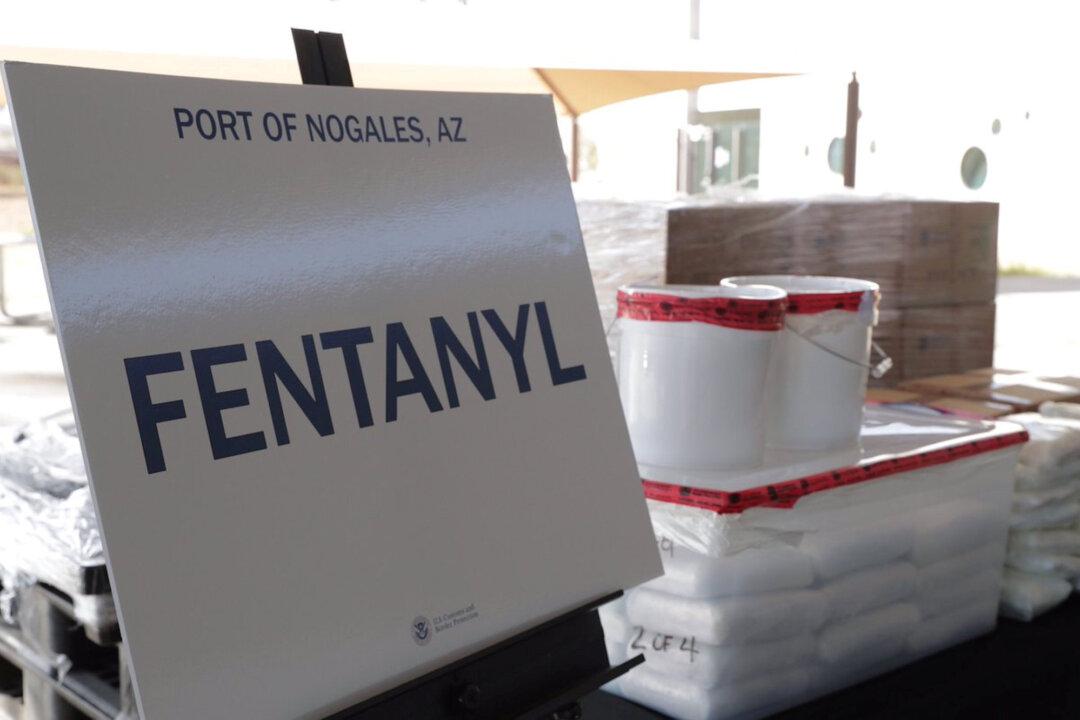The White House released a series of private-sector advisories to help businesses protect themselves and their supply chains from inadvertent trafficking of fentanyl and synthetic opioids, in the latest crackdown by the Trump administration.
The new actions were announced on Aug. 21. Through the Office of National Drug Control Policy, the White House will boost information on how fentanyl traffickers exploit businesses and their supply chains to move and market drugs.





